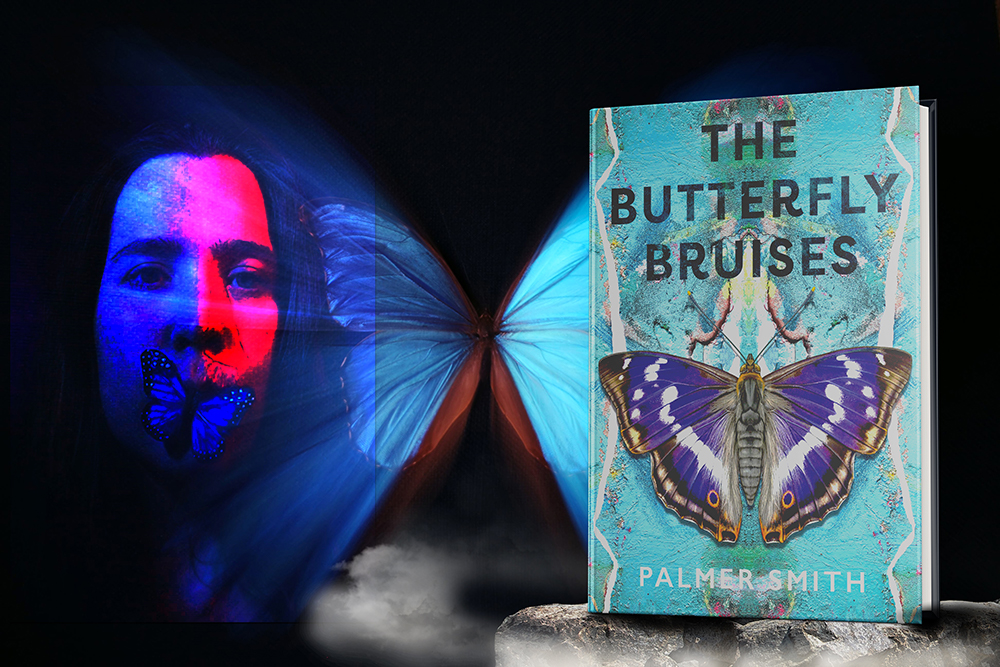In this remarkable first collection, Smith’s evocative poems mingle the line between the personal and the quotidian. The poetic voice is confident and fragile as it visits various spots of time with a rich vision that contemplates different manners of sensibility outside perceived notions impressed by everyday norms. What is memorial and what is contemporary are thought of in a simultaneous calm state of mind. Assured, yet questioning, Smith’s strength as a poet lies in her ability to feel the familiar as if it was something strange and alien, and to sense strangeness as a friend.
A significant feature of this collection is its use of form. While most of the poems follow a modernist line in using blank-verse, some revert to more traditional models, such as couplets and rhyming stanzas. More prosaic pieces appear throughout the collection as they display Smith’s more observational, novelistic tendencies. Unwanted and unliked details of everyday life which we often choose to side-line are magnified here in a poetic looking-glass. Mental illness is a recurring theme, while doctors, prozac, and panic attacks are used to illustrate a thoughtful negativity, love, familial and romantic, is evoked as a powerful, positive force of counter-balance. Time is another important theme. It is often hard and unlikely that a young author could tackle with seriousness the profound questions of time. Yet Smith’s work offers a surprising and delightful look at this concept by aligning it with others, such as gender, loss, and grief. But perhaps transformation is the thread which ties all the other elements together and gives them an overall meaning. As symbolised by the butterfly, the poems and short stories in this collection show how painful and rewarding the process of transformation can be. Whether personal, psychic, or social, transformation is the light under which these writings shine. With its sincere ability to offer new senses of the familiar, The Butterfly Bruises announces a new and powerful voice into the poetry scene.


